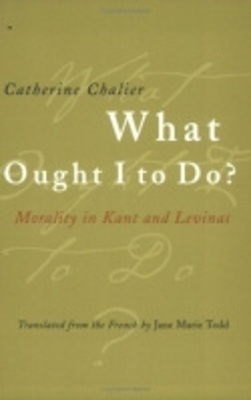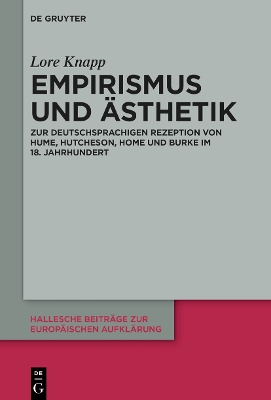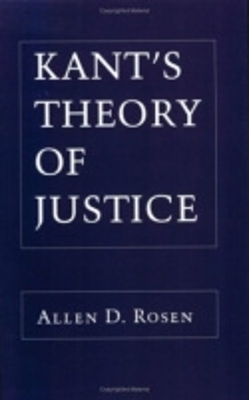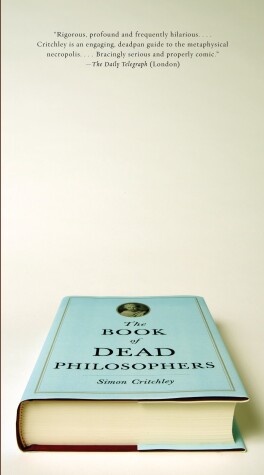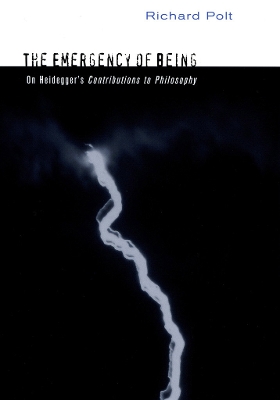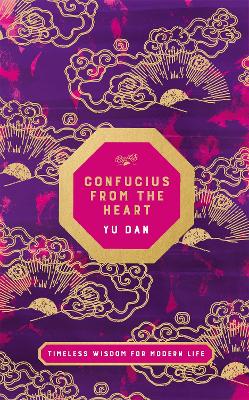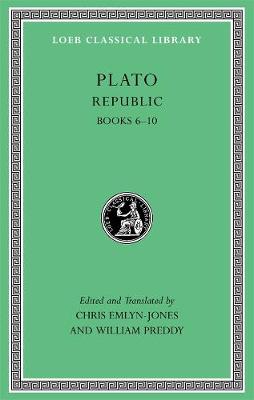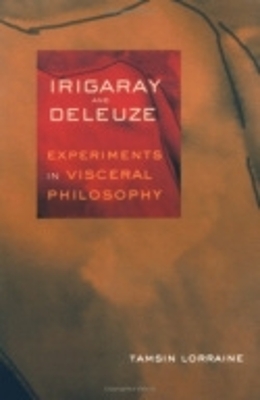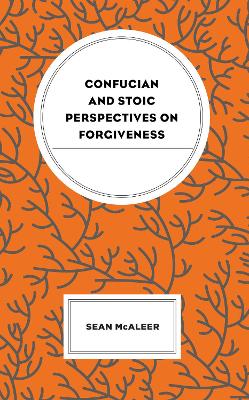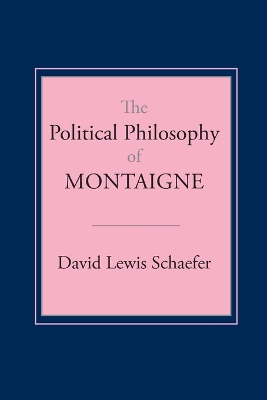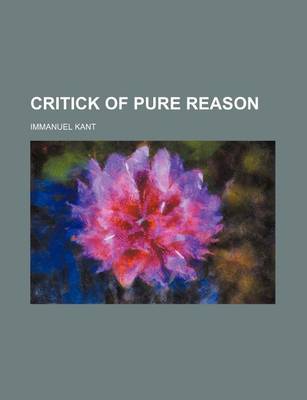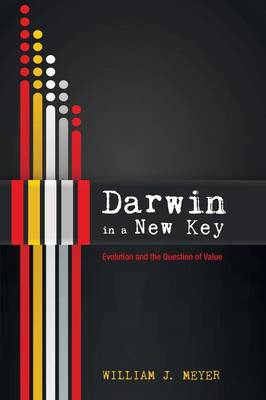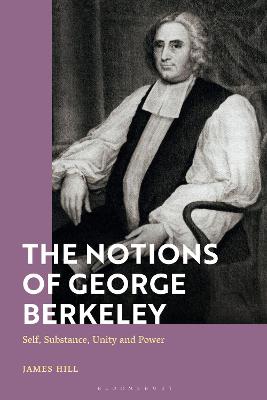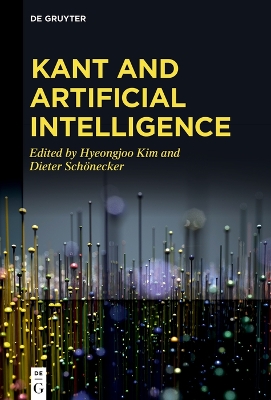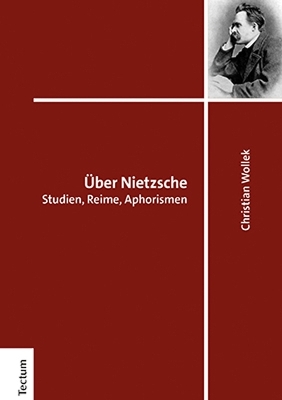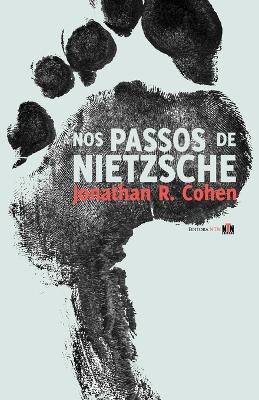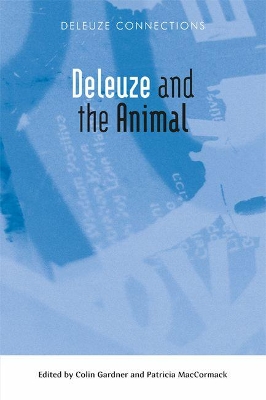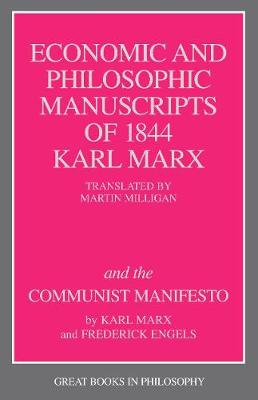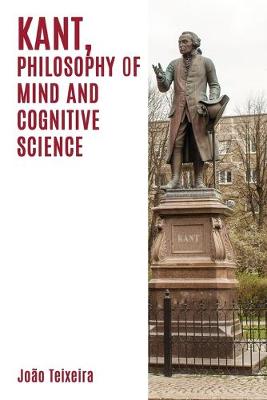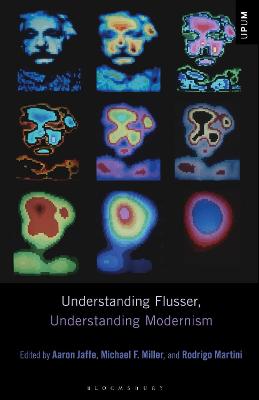Is it possible to apply a theoretical approach to ethics? The French philosopher Catherine Chalier addresses this question with an unusual combination of traditional ethics and continental philosophy. In a powerful argument for the necessity of moral reflection, Chalier counters the notion that morality can be derived from theoretical knowledge. Chalier analyzes the positions of two great moral philosophers, Kant and Levinas. While both are critical of an ethics founded on knowledge, their cri...
Empirismus Und AEsthetik (Hallesche Beitrage Zur Europaischen Aufklarung, #69)
by Lore Knapp
In this accessible interpretation of Kant's political philosophy, Allen D. Rosen concentrates on the relation between justice, political authority (the state), and individual liberty.
In this collection of brief lives (and deaths) of nearly two hundred of the world's greatest thinkers, noted philosopher Simon Critchley creates a register of mortality that is tragic, amusing, absurd, and exemplary. From the self-mocking haikus of Zen masters on their deathbeds to the last words of Christian saints and modern-day sages, this irresistible book contains much to inspire both amusement and reflection. Informed by Critchley's acute insight, scholarly intelligence, and spright...
"The heart of history, for Heidegger, is not a sequence of occurrences but the eruption of significance at critical junctures that bring us into our own by making all being, including our being, into an urgent issue. In emergency, being emerges."—from The Emergency of BeingThe esoteric Contributions to Philosophy, often considered Martin Heidegger's second main work after Being and Time, is crucial to any interpretation of his thought. Here Heidegger proposes that being takes place as "appropria...
Simply written, and with a view to taking the wisdom of Confucius out of the hands of the academics and the philosophers and making it accessible to the general reader, Confucius From the Heart gives us a contemporary Confucius, one who can teach us how to attain spiritual happiness, adjust our daily routines and find our place in modern life. Yu Dan argues that his sayings, or Analects - far from being merely interesting quotes from ancient lore, of little use in our hectic, stress-filled world...
Republic (Loeb Classical Library, #276) (Loeb Classical Library *CONTINS TO info@harvardup.co.uk)
by Plato
Plato of Athens, who laid the foundations of the Western philosophical tradition and in range and depth ranks among its greatest practitioners, was born to a prosperous and politically active family ca. 427 bce. In early life an admirer of Socrates, Plato later founded the first institution of higher learning in the West, the Academy, among whose many notable alumni was Aristotle. Traditionally ascribed to Plato are thirty-six dialogues developing Socrates’ dialectic method and composed with gre...
For Tamsin Lorraine, the works of Luce Irigaray and Gilles Deleuze open up new ways of thinking about subjectivity. Focusing on the affinities between the theorists' views—while addressing weaknesses of each—she offers both a cogent analysis of their often challenging writings on this topic and an accessible introduction to their philosophical projects. Through her readings she articulates an approach to subjectivity as an embodied, dynamic process, one that speaks to beliefs about personal iden...
Confucian and Stoic Perspectives on Forgiveness (Studies in Comparative Philosophy and Religion)
by Sean McAleer
Confucian and Stoic Perspectives on Forgiveness explores the absence of forgiveness in classical Confucianism and Roman Stoicism as well as the alternatives to forgiveness that these rich philosophical traditions offer. After discussing forgiveness as it is understood in contemporary philosophy, Sean McAleer explores Confucius’ vocabulary for and attitude toward anger and resentment, arguing that Confucius does not object to anger but to its excesses. While Confucius does not make room for forgi...
This provocative book provides a comprehensive interpretation of Montaigne's Essays as a work of political philosophy. David Lewis Schaefer diverges from the prevailing view, which prizes the Essays as an example of authentic literary self-portrayal but holds that the book is not a coherent philosophical work. Arguing for Montaigne's significance as one of the philosophic architects of the intellectual revolution that generated the distinctive characteristics of modernity, Schaefer demonstrates...
George Berkeley’s doctrine of notions is often disparaged or dismissed. In a systematic interpretation and positive reconstruction of the doctrine, James Hill presents Berkeley’s understanding of the inner sphere and self-awareness, and reassesses the widely held view of Berkeley as an empiricist. Examining the development of Berkeley’s philosophy from the early notebooks to the late Siris, Hill sets out how knowledge by notion involves a radical rejection of the perceptual model of self-cogn...
Kant and Artificial Intelligence
How are artificial intelligence (AI) and the strong claims made by their philosophical representatives to be understood and evaluated from a Kantian perspective? Conversely, what can we learn from AI and its functions about Kantian philosophy's claims to validity? This volume focuses on various aspects, such as the self, the spirit, self-consciousness, ethics, law, and aesthetics to answer these questions.
The first volume to address the animal in Deleuze's work, looking at philosophy, aesthetics and ethics Becoming-animal is a key concept for Deleuze and Guattari; the ambiguous idea of the animal as human and nonhuman life infiltrates all of Deleuze's work. These 16 essays apply Deleuze's work to analysing television, film, music, art, drunkenness, mourning, virtual technology, protest, activism, animal rights and abolition. Each chapter questions the premise of the animal and critiques the centr...
Charles Bonnet contre les Lumieres (Oxford University Studies in the Enlightenment, #156)
by Jacques Marx
The Oxford University Studies in the Enlightenment series, previously known as SVEC (Studies on Voltaire and the Eighteenth Century), has published over 500 peer-reviewed scholarly volumes since 1955 as part of the Voltaire Foundation at the University of Oxford. International in focus, Oxford University Studies in the Enlightenment volumes cover wide-ranging aspects of the eighteenth century and the Enlightenment, from gender studies to political theory, and from economics to visual arts and mu...
The Economic and Philosophic Manuscripts of 1844 and the Communist Manifesto
by Karl Marx and Friedrich Engels
Communism as a political movement attained global importance after the Bolsheviks toppled the Russian Czar in 1917. After that time the works of Karl Marx and Frederick Engels, especially the influential Communist Manifesto (1848), enjoyed an international audience. The world was to learn a new political vocabulary peppered with "socialism," "capitalism," "the working class," "the bourgeoisie," "labor theory of value," "alienation," "economic determinism," "dialectical materialism," and "histori...
This wide-ranging collection of Susan Haack's new and recent essays offers applied philosophy in a new key and a fresh voice - subtle, penetrating analyses of vital issues about science, society, religion, law, literature, even about what makes a life meaningful.
Understanding Flusser, Understanding Modernism (Understanding Philosophy, Understanding Modernism)
The Czech-Brazilian philosopher Vilem Flusser (1920-1991) has been recognized as a decisive past master in the emergence of contemporary media theory and media archeology. His work engages and also rethinks several mythologies of modernity, devising new methodologies, experimental literary practices, and expanded hermeneutics that trouble traditional practices of literary/literate knowledge, shared experience, reception, and communication. Working within an expanded concept of modernism, Flus...
Diary of a Philosophy Student (Beauvoir)
by Margaret A Simons and Simone de Beauvoir
Revelatory insights into the early life and thought of the preeminent French feminist philosopher Dating from her years as a philosophy student at the Sorbonne, this is the 1926-27 diary of the teenager who would become the famous French philosopher, author, and feminist, Simone de Beauvoir. Written years before her first meeting with Jean-Paul Sartre, these diaries reveal previously unknown details about her life and offer critical insights into her early philosophy and literary works. Present...
